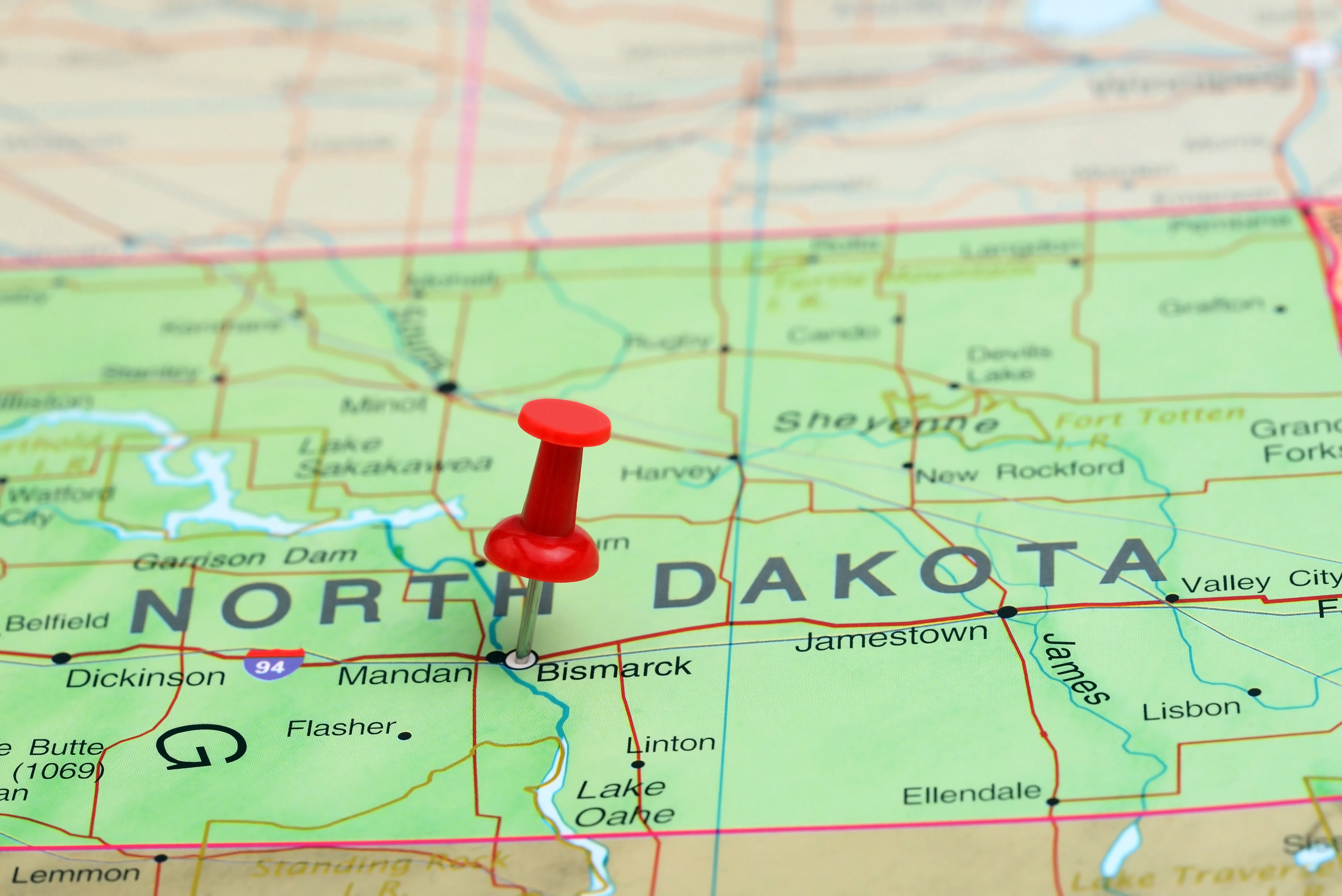
Postpartum depression rates, treatment higher among Medicaid recipients
Click play to listen to this article.
Perinatal experts said postpartum depression is more common than most people think and those covered by Medicaid are at higher risk.
Two of every five mothers who give birth in Wisconsin are covered by BadgerCare. Federal data show up to 50 percent of postpartum depression cases are undiagnosed because of the stigma surrounding symptoms.
Jennifer Davis, chapters and international affiliates director for the nonprofit Postpartum Support International, said the condition presented differently for her after both of her pregnancies with symptoms of overwhelming worry and anxiety after her daughter's birth and depression after having her son.
"Crying at night, almost all the time, regretting this decision, feeling emotionally disconnected, but still outwardly smiling," Davis recounted. "Now I really am back in this place of 'I can't share this. I cannot share that I questioned why I had my son.'"

iStock
Federal data show the prevalence of postpartum depression is higher among those on Medicaid with an increased likelihood for treatment in Medicaid expansion states. Wisconsin is one of only two states yet to expand Medicaid coverage, although it recently passed legislation to extend Medicaid postpartum coverage from 60 days to a full year.
Even though up to 85 percent of women experience mood changes in the first few days to weeks after delivery, postpartum depression and anxiety can take months to emerge and involve symptoms lasting longer than two weeks that interfere with daily life.
Jennifer Davis noted she suffered alone after both of her pregnancies but found hope in connecting with like-minded people though Postpartum Support International.
"The weight that lifted off of me first, just knowing that other people are going through this and I am not alone," Davis explained. "Even though we don't talk about it a lot, this is very normal, and that there are so many ways and strategies that you can seek help and support when you are in the midst of it."
Wendy Davis, president and CEO of Postpartum Support International, said even if people are not comfortable speaking with their family, friends or providers, they can utilize resources such as the nonprofit's helpline to get connected with volunteers and resources in their community.
"One thing we know for sure is that families and even health care providers don't know enough about the resources," Davis observed. "That doesn't help a new mom who doesn't even know she has something called postpartum depression or that she could reach out and get support for free."
Common signs of postpartum depression include anxiety, sadness, anger and irritability, difficulty sleeping, and intrusive thoughts, which can include thoughts of harming your baby. Research shows a 98 percent recovery rate with treatment.

















